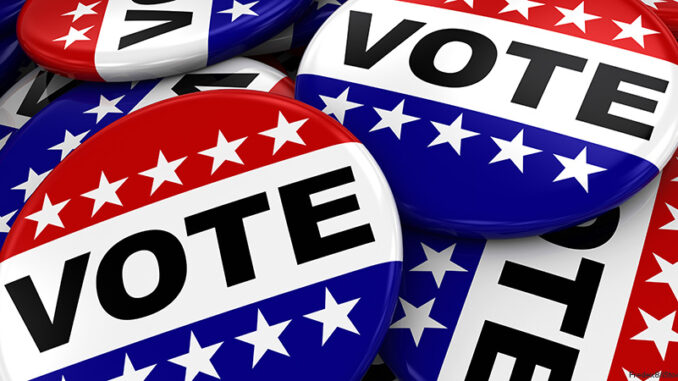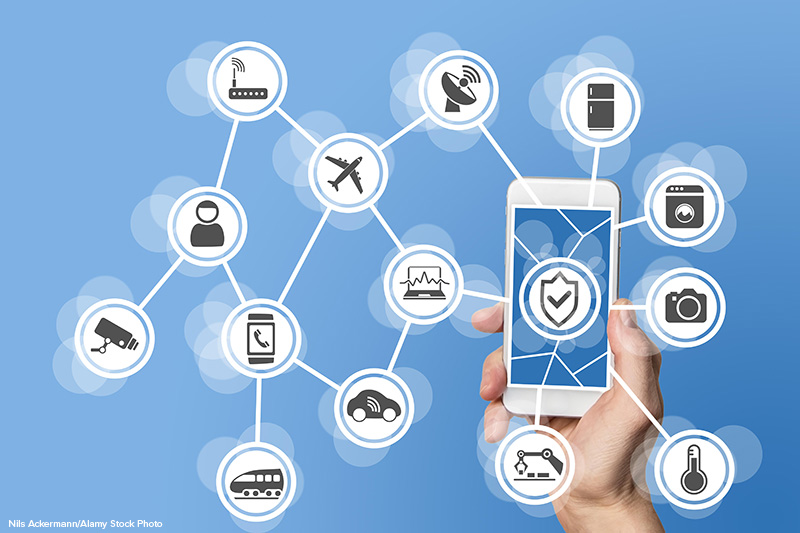
Last week, btw took a closer look at the new use of smartphones in the Iowa caucus: for the first time ever, Iowans will be able to vote for their favorite candidate in the Democratic primary election from the comfort of their own homes, using an app on their phones. But Iowa isn’t the only place where this is happening.
From now until February 11, King County, Washington–an area which includes Seattle and thirty other communities–will be conducting an election in which every one of up to 1.2 million eligible voters will be able to vote using their smartphones. This is the first time in American history that such an opportunity has been available. But is this a natural step toward incorporating modern technology in voting, or an unnecessary potential risk?
How Will It Work?
The election in question is for the board of supervisors of the King Conservation District, a state environmental agency. In order to vote using their phones, registered voters will log on to a Web portal using their name and birthdate. When they’re finished voting, they will sign their name using their phone’s touch screen, and submit their ballot electronically. The elections office will then print out the electronically-submitted ballots so that there will be a paper trail. To be clear, traditional methods of voting will still be available for voters who either don’t have access to smartphone technology or who choose not to participate in online voting.
A New Era in Voting?
According to supporters of the new program, smartphone voting is an absolutely necessary step forward. Nationwide, voter turnout is low. This is especially the case in the King Conservation District, where past elections have seen less than 1 percent voter turnout. The theory behind smartphone voting is that people will be more likely to vote if they can do it easily, on their phones, from the comfort of their own homes–rather than having to mail in a ballot or find transportation or time to get to a polling place.

Why is low voter turnout a big problem? When only a few people vote, a tiny proportion of the population winds up deciding things for everyone else. Therefore, supporters argue that by increasing turnout, smartphone voting technology has the potential to make elections fundamentally more democratic.
Not All It’s Cracked Up To Be?
But cybersecurity experts aren’t so sure. In fact, most of them are opposed to smartphone voting. Many say that the technology isn’t advanced enough to be trustworthy yet, while others say that it would be impossible to ever have an online election that’s completely safe and un-hackable. Even the concept of the paper trail is flawed, they insist, because the potential tampering occurs online, before the ballot ever reaches the election office to be printed. And the federal government agrees. The Senate Intelligence Committee, after examining Russian interference in the 2016 presidential election, has urged states not to move in the direction of online voting.
